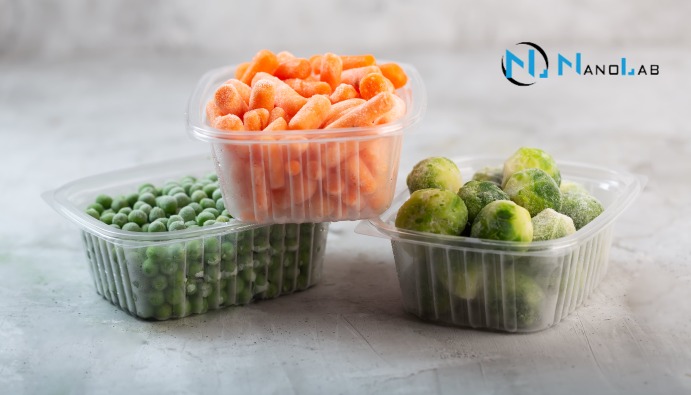
BLOG
KATEGORİDEKİ DİĞER YAZILAR

Epoxy derivatives are industrial products made from petroleum, used in the production of epoxy resins and polycarbonate plastics. Determine the use and/or presence of the substance known as 2,2-bis(4-hydroxyphenyl)propane bis(2,3-epoxypropyl) ether (BADGE) and its derivatives in materials and articles coated with a plastic surface coating or food contact adhesives. restricted by migration limits.
Specific migration limit for this substance: 9 mg/kg in food or food simulants
The substances tested within the scope of Determination of Specific Migration Epoxy Derivatives in Plastic Substances and Materials in Contact with Food are as follows :
• BADGE.2H₂O; Bisphenol A bis(2,3-dihydroxypropyl) ether
• BADGE.2HCl; Bisphenol A bis(3-chloro-2-hydroxypropyl) ether
• BADGE.H₂O.HCl; Bisphenol A (3-chloro-2-hydroxypropyl) (2,3-dihydroxypropyl) ether
• BADGE.H₂O; Bisphenol A (2,3-dihydroxypropyl) glycidyl ether
• BADGE.HCl; Bisphenol A (3-chloro-2-hydroxypropyl) glycidyl ether
• BADGE; Bisphenol A diglycidyl ether
• BFDGE; Bis[4-(glycidyloxy)phenyl]methane
• NOGE; Novolac glycidyl ether
EN 13130-1: Materials and articles in contact with foodstuffs - Restricted plastics - Part 1: Guidelines for test methods for the determination and selection of substances in plastics and specific migration of substances from plastics to foods and food simulants conditions for exposure to food simulants
You can contact Nanolab Packaging Analysis Laboratory for the Determination of Specific Migration Epoxy Derivatives in Food Contact Plastic Substances and Materials.